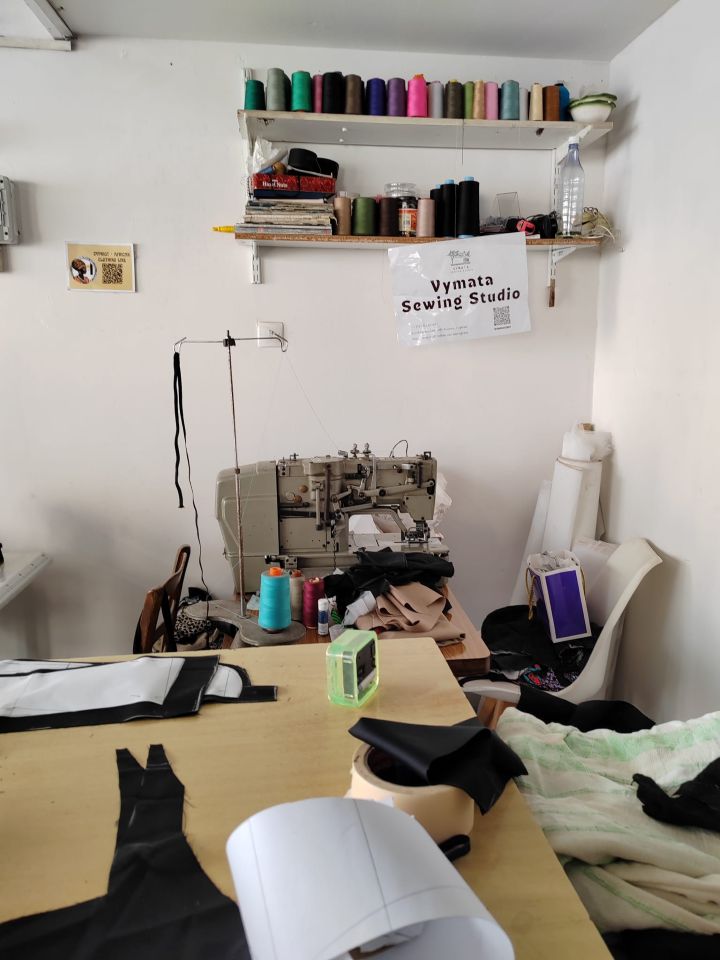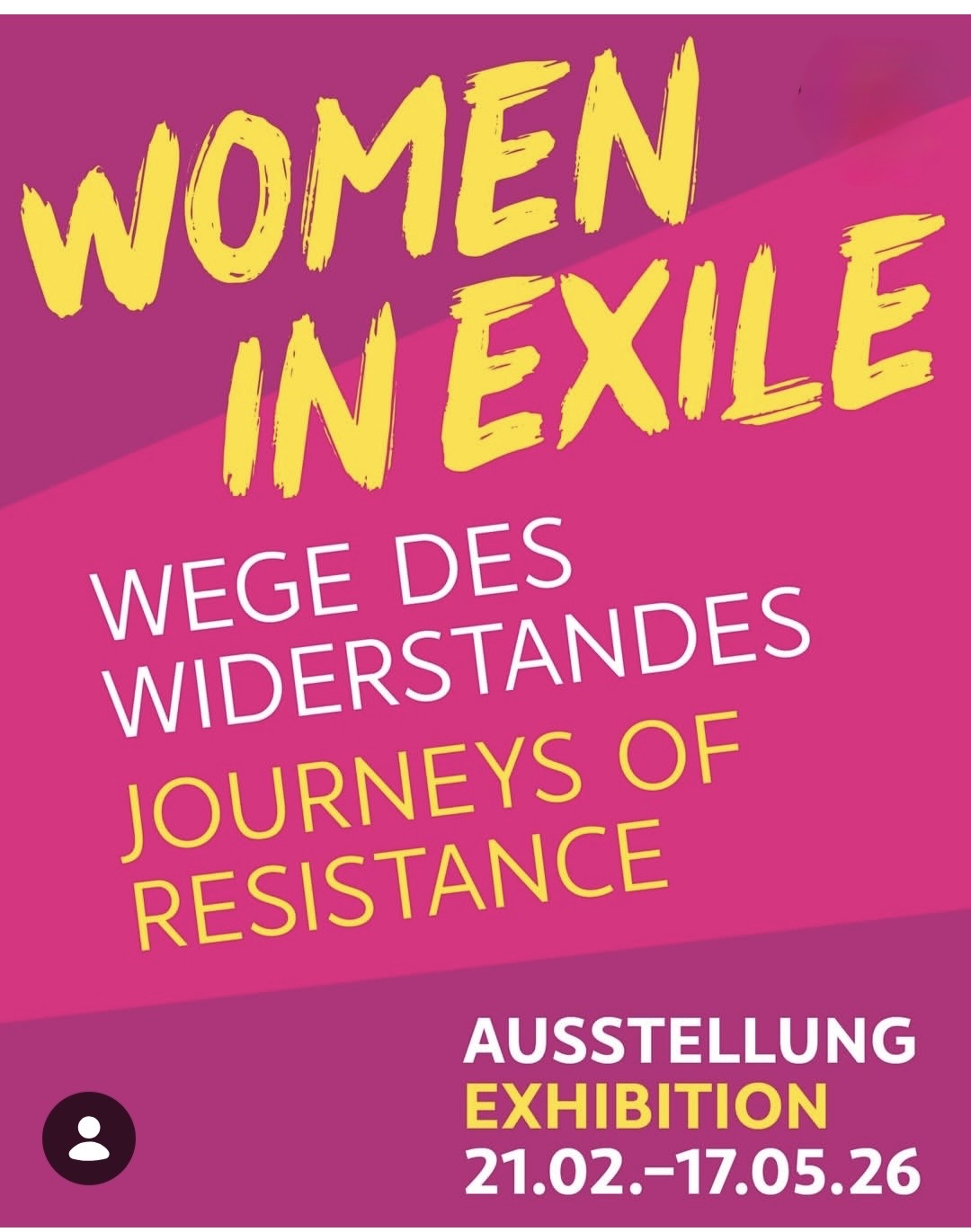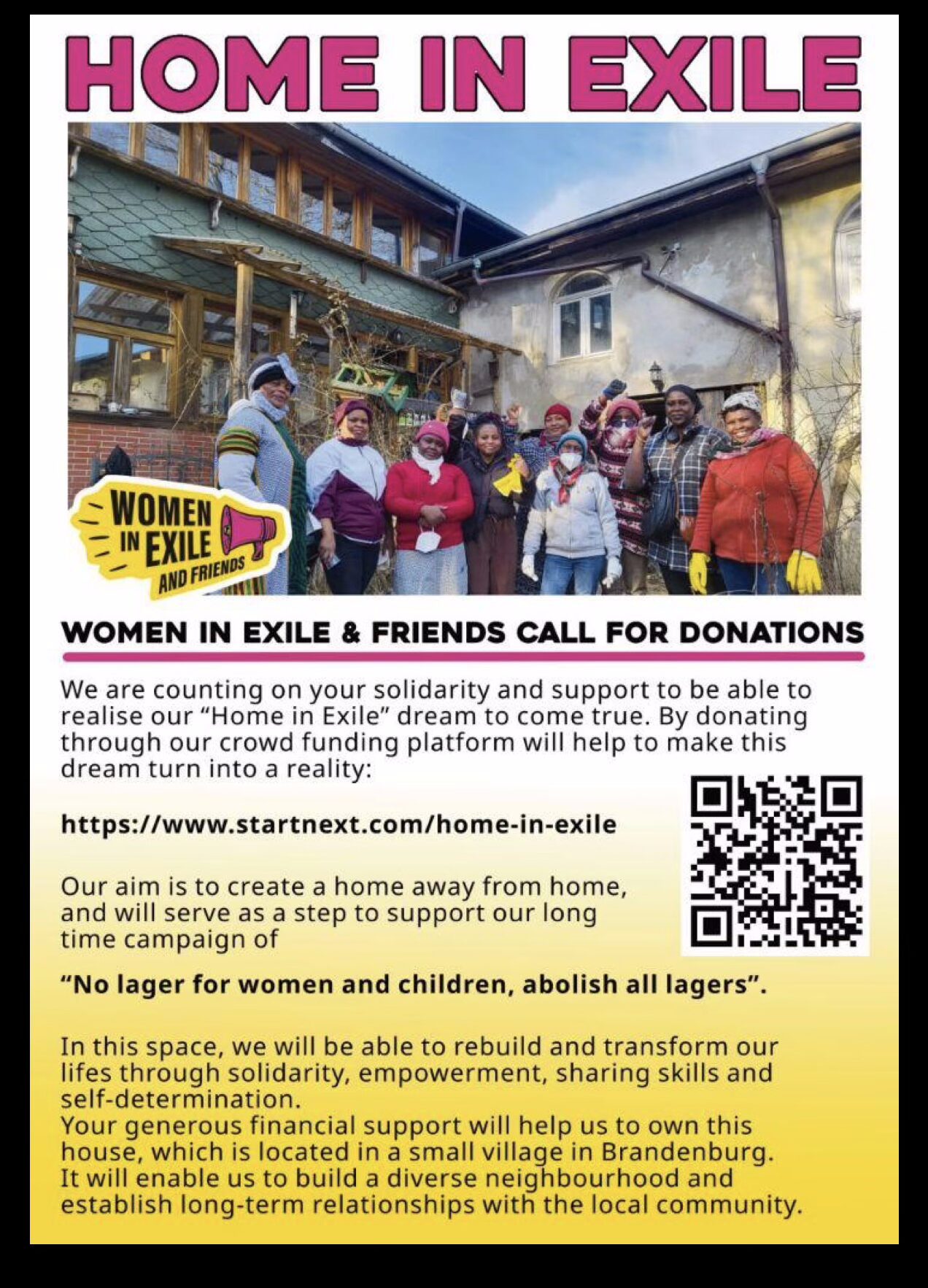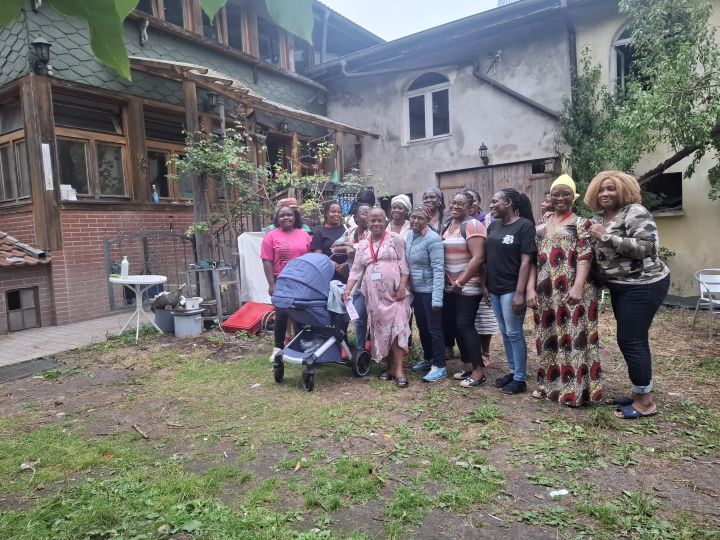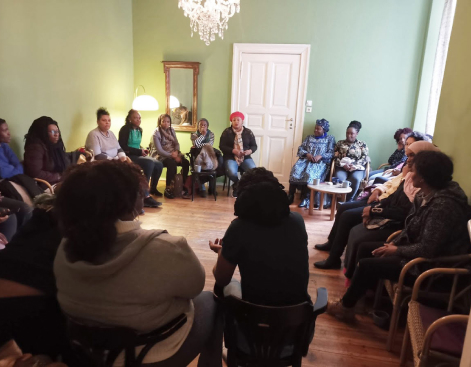Women in Exile joined Moveglobal for a two-day study tour of Nicosia, Cyprus, as part of their W*Star (Women Solidarity for Building Trust and Resilience in Democracy through the EU). W*Star is an EU joint project involving partners in Italy, the Netherlands, Cyprus and Germany. This collaboration started during the kick-off of the W*Star project, which took place in Berlin.
The project aims to support the participation of migrant and women, as well as their associations and organisations, in democratic and civic life in the EU through public discourse on solidarity in various policy areas where useful and developable solidarity mechanisms can be created.
In the context of this collaboration, Women in Exile, in cooperation with Moveglobal, held an empowerment workshop at our Saturday meeting on 5 April. Almost 60 refugee women* from Berlin and Brandenburg participated in the workshop. During the workshop, challenges such as isolation, gender-based violence, discrimination and everyday racism were identified. Exploring good practices of solidarity – identifying and dealing with challenges refugee* women face on a daily basis.
We were able to learn more about migrants and refugees living in Nicosia, a divided city where Greek Cypriots live in the south and Turkish Cypriots in the north, during the Cyprus study visit which was part of the programme organised by the local W*Star partner. We visited local initiatives that support and empower refugee and migrant women.
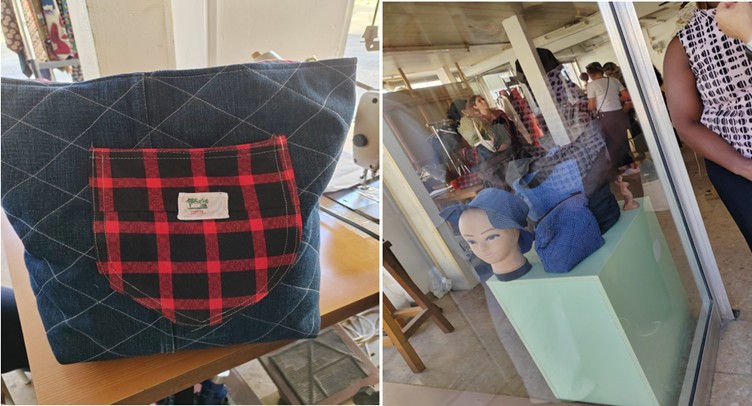
We had the opportunity to exchange ideas and have a discussion with the founder of the Vymata Community Space. It is a space for refugee women, run by a refugee woman with the support of Caritas. The space supports women affected by gender-based violence and teaches them to design and sew with recycled materials. The finished products are then put on display for sale, which has the effect of making the women feel useful and self-reliant.
This was followed by a visit to Generation Change, a non-profit organisation that supports migrants and refugees to find ways to integrate into society. Its work involves using sport and other activities to build a diverse and inclusive society.
The final part of the study tour was a visit to the Kofinou Asylum Seekers Reception Centre, guided by Caritas Cyprus. We interacted with the women living in the camp, presented our work and discussed various issues with them. We were given an overview of the camp, which is isolated and surrounded by hills and open fields. This isolated camp is surrounded by hills and open fields and is located more than 4 km from the nearest village. The city of Nicosia, where the authorities deal with problems related to asylum seekers, is 40 kilometres away. There is no public transport from the centre to the cities, and there are no pedestrian routes or lighting from the reception centre to the village.
Asylum seekers can live in the camp for up to nine months, after which they must find their own accommodation. They can find work in the nearby fields, but since these jobs are informal, employers sometimes choose not to pay them, meaning they have no guarantee of being paid at the end of the day. Unfortunately, without a job or an income, it is difficult to find private accommodation. This means that some residents have been living in this remote area for over a year.
For this reason, asylum seekers are denied a dignified life, both in terms of isolation and freedom of movement.
